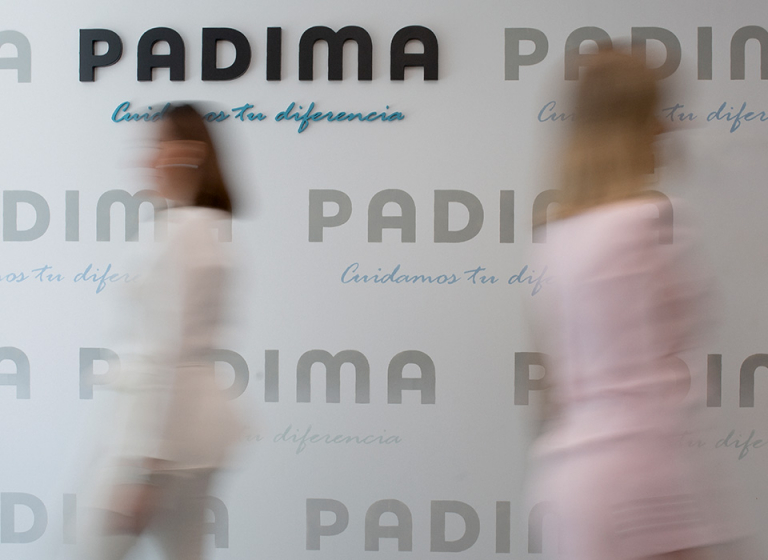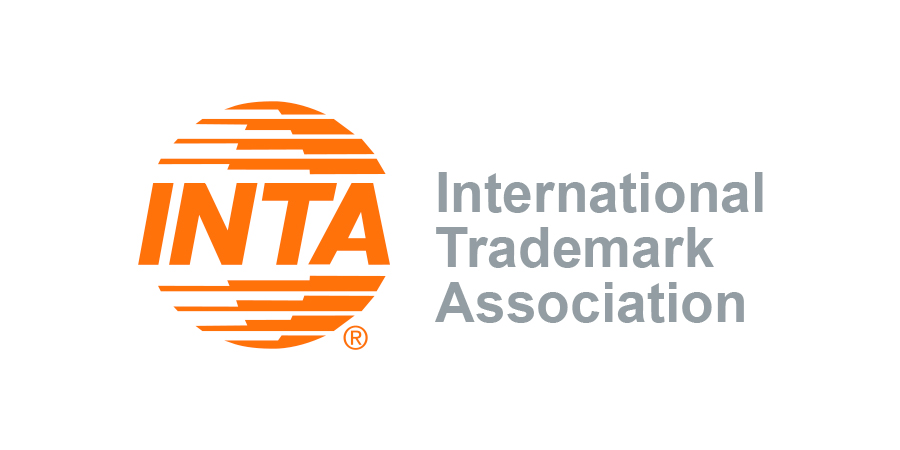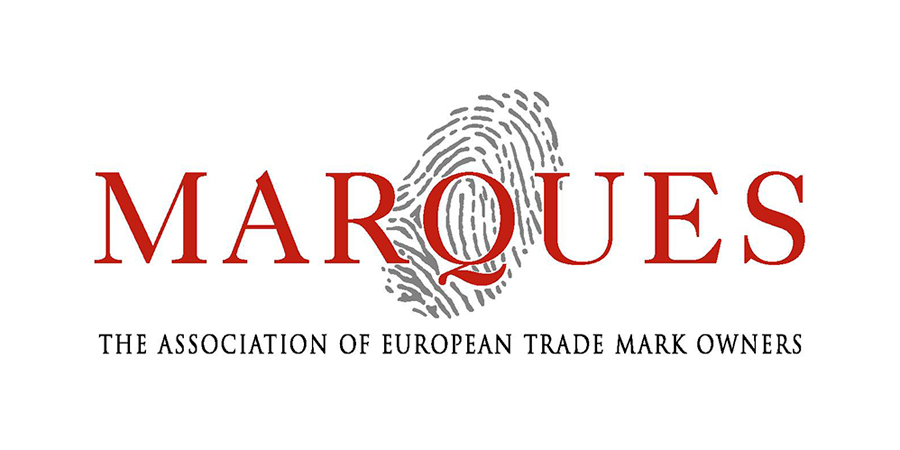[vc_row][vc_column][vc_column_text]
#Sentence
The use of general terms lacking sufficient clarity and precision to enable to determine the protection conferred by the trademark is not a ground for invalidity.
As we have already mentioned in previous editions of PADIMA NOTES, in the context of the dispute between the companies Sky plc, Sky International AG and Sky UK Ltd and SkyKick UK Ltd and SkyKick Inc, the Court of Justice was asked whether or not a trade mark could be declared invalid on the grounds that the terms lacked sufficient clarity or precision to understand the scope of protection applied for and whether or not the use of general terms could qualify the registration as having been made in bad faith, provided that from the moment of filing there was no intention on the part of the applicant to use all the goods or services that those general terms could include.
We already know that, in the opinion of the Advocate General, a lack of clarity and precision in the specification of goods and services is not a ground for the invalidity of a trade mark pursuant to article 59.1.a) of the EUTMR, but the use of a term as broad as ‘software’ is not justified because it imposes a broad monopoly contrary to the general interest, and can therefore be considered to have been applied in bad faith.
The ECJ follows the line taken by the A.G. and confirms that a European or national trademark cannot be declared invalid in its entirety or partially because of a lack of clarity and precision of those terms.
On the other hand, with regard to the invalidity of the trademark for bad faith (art.59.1b) EUTMR), the ECJ concludes that a trademark application filed without the intention of being used for the goods and services covered by the registration constitutes an act of bad faith if the applicant of that trade mark intended to harm the interests of third parties or to obtain, without even looking at a particular third party, an exclusive right for purposes other than those corresponding to the functions of the trademark.
source : Curia Europa
The appearance of a product cannot be protected by copyright, if it is conditioned by its technical function. Application of the COFEMEL sentence.
In 1975, Mr. SI created a folding bicycle model, which he named Brompton.
Brompton Ltd., the company that was set up to market the product, held a patent on the bicycle’s folding mechanism and also claims to hold the economic rights deriving from the copyright on the appearance of the Brompton bicycle.
The Korean company GET2GET, which is specialized in the production of sport equipment, produces and markets a folding bicycle (Chedech) which also has three positions, similar in appearance to the Brompton bicycle.
GET2GET objected to the claim, arguing that the appearance of its bicycle was dictated by the desired technical solution and that it voluntarily adopted the folding technique, since it was the most functional method. Brompton, on the other hand, claimed that there are other folding bicycles in three positions on the market, which look very different, and therefore they own the copyright.
Firstly, the AG, following what it had already been established in the COFEMEL ruling, has pronounced himself in favor of a possible accumulation of the protections offered by industrial property (patents and designs) and copyright.
In this respect, the AG has recalled that the purpose of these figures is totally different. The industrial property figures themselves (patents and designs or drawings) seek precisely to establish a balance of interests between the public and the private sector: the inventor or designer is rewarded with the fact that only they will receive an economic benefit from their inventions or designs, and in return, such creation will in a not too long period become public domain. This balance would be broken if that term was simply extended to the generous terms of copyright. Therefore, although the accumulation of these figures is possible, it should not be done in a disproportionate way.
Secondly, as regards copyright protection, the AG concludes that, as a general principle, it will not be possible to protect with copyright works (objects) of applied arts the form of which is exclusively conditioned by their technical function.
This is because, in the AG’s view, designs the configuration of which is determined by technical reasons leave no room for the exercise of creative freedom and cannot therefore benefit from copyright protection.
Difficulties arise, however, when designs combine functional and artistic features. In principle, these mixed designs should not be excluded from copyright protection, but this will be the case when functional elements take precedence over artistic ones to the extent that the latter becomes irrelevant.
Everything will therefore depend on the specific case and the Court’s assessment of how «decisive» the functionality of the design of the «BROMPTON» bicycle is in this case.
+info : Curia Europa
Victory for the Catalan Corporation of Audiovisual Media (CCMA). The GC considers that there is a likelihood of confusion between the marks ‘LaTV3D’ and ‘TV3’
On 8 July 2016, Stéphane Dalmat applied for the registration of European word mark ‘LaTV3D’ in Classes 38 and 41 (telecommunications and educational, cultural or sporting activities).
On 6 April 2017, the Corporación Catalana de Mitjans Audiovisuals filed an opposition against the abovementioned application on the basis of the earlier Spanish trademark ‘TV3’, which was registered for the same classes.
The Opposition Division of EUIPO considered that there was no likelihood of confusion and rejected the opposition. That decision was appealed to the Board of Appeal, which dismissed the appeal and confirmed the Opposition Division’s decision.
The Catalan Corporation of Audiovisual Media did not agree and appealed the decision before the GC, which ruled on this matter last February 6, 2020.
In this judgment, the GC states that the Board of Appeal erred in not taking into account the consequences of the fact that the earlier mark was included in the contested mark in its entirety, even though the earlier mark could be considered to be of a low distinctiveness.
Furthermore, according to the GC, it cannot be said that there is no conceptual similarity between the marks, since they both share the concept of television which results from the incorporation in both of the letters ‘tv’.
The GC therefore considered that there was a likelihood of confusion between the marks, and that the application should be rejected for all services except for translation and interpreting services, the similarity of which is, in the court’s opinion, low.
+info : Curia Europa
Rejection of the GC to the extension of the Repsol brand «Inventemos el futuro».
On September 28, 2017, Repsol S.A. filed an application for a European trade mark «Inventemos el futuro» (Let’s invent the future) for services in classes 40 and 42 (services related to the oil refinery and technological services).
That request was rejected on the grounds that those terms would be perceived by the public as a promotional message, indicating innovation actions carried out by the holder, and not as an indication of business origin.
Even though Repsol. S.A. already has an identical mark for other goods and services, the General Court has held that the mark lacks inherent distinctiveness, and that the evidence adduced in the proceedings is not sufficient to show that the mark has acquired distinctiveness through use for those specific services.
The Court emphasizes that the application for registration was covered by one of the grounds for refusal laid down in Article 7(1) of Regulation No 2017/1001 and that, in those circumstances, given the lack of distinctive character of the mark applied for, the appellant could not effectively rely, in support of alleged infringements of the principles of protection of legitimate expectations and legal certainty, on earlier decisions of the EUIPO.
source: Curia Europa
The General Court considers that the evidence provided by «The Guide Association» proves the genuine use of its mark «BROWINE».
On April 30, 2015, Mr Juan Morera Morral filed an application for European trademark of the word mark ‘BROWNIE’ for goods and services in Classes 18, 25 and 35.
On September 2, 2015, The Guide Association filed an opposition to the registration of the mark applied for. The opposition was based on the series of earlier UK trademarks BROWNIES, BROWNIE, Brownies and Brownie designating, inter alia, the goods and services in Classes 6, 18, 25, 26 and 41.
The Opposition Division of EUIPO partially upheld the opposition and considered that the opponent had provided proof of genuine use. The applicant filed an appeal before that decision, which was dismissed by the Board of Appeal by a decision which has been appealed before the General Court.
In this judgment, the General Court dismisses the application in its entirety and acknowledges that the evidence provided is sufficient to prove genuine use of the mark. In particular, the General Court states that the affidavit provided, which referred to annual turnover, was corroborated by various catalogues (the distribution of which has also been proven), an invoice, pages from online shops and articles and publications.
In its analysis of the case, the General Court draws attention to the fact that the assessment of the use of the mark must be based on all the appropriate facts and circumstances and that the commercial volume, the duration of the period during which the acts of use take place, as well as the frequency of these acts, on the other, is particularly important for this consideration.
We already know that the threshold required for the trade mark to have been put to genuine use is not particularly demanding, since the regulations clearly state that one must only prove that the trade mark has been used in order to create or preserve a market for such goods and services. However, even if there are occasions when such use is not clear from the evidence submitted,
for the General Court, the opponent in this case has demonstrated genuine use of the mark, therefore, the appeal must therefore be dismissed.
source: Curia Europa
The Supreme Court recognizes that a professor plagiarized the work of his doctoral student and sentences him to pay the student 3,000 euros for moral damages.
In 2009, as part of a doctoral program and in order to achieve research proficiency, one of the university’s students carried out a research project entitled «Las Leyes de Burgos, precedente del derecho internacional y del reconocimiento de los derechos humanos» (The laws of Burgos, a precedent in international law and the recognition of human rights), under the direction of the full professor of the History of Law department.
Later, on the occasion of the centenary of the Laws of Burgos, the teacher who directed the work of the plaintiff coordinated the book «Las leyes de Burgos de 1512 y centenario», and wrote chapter VI, that reproduces almost literally part of the student’s work.
In the lawsuit, the student requested not only that the plagiarism was recognized, but also that the offender should be sentenced to pay a compensation for the moral damages caused, and that the sentence should be published and disseminated.
The court of first instance dismissed the application on the grounds that the work was not original enough to be recognized as a literary work.
However, the Supreme Court has finally considered that the work is original enough to be granted protection, not because the content of the work is particularly novel, but because the originality comes from the way the content has been exposed by the author.
The Court acknowledges in this respect that what is really relevant in this case is that, without prejudice to the relevant quotations from the sources from which this knowledge was taken, the form in which it was presented differed from what already existed and was not commonplace.
Furthermore, in assessing the value of the student’s contribution to his or her research work, the Court emphasizes that, although it is logical that a person who directs a university research project in a doctoral program may have contributed in some way to the work prepared by the student, because of the ideas, guidance and suggestions made to him or her in the direction of the work, this does not in itself imply a presumption of total or partial authorship of the work.
Source: Poder Judicial
Are car rental companies obliged to pay copyright remuneration for cars incorporating a radio? The Advocate General of the EU considers that they are not.
The Swedish collecting societies for the collective management of copyright and related rights (‘Stim’ and ‘SAMI’) brought an action against the car rental company ‘Fleetmanage’ seeking payment of SEK 369 450 (about EUR 34 500), plus interest, on the grounds that the latter had contributed to the making available to the public of musical works by other operators by making cars with a radio available for short-term rental.
The Court of First Instance held that the rental of vehicles equipped with a radio constituted communication to the public of the works and that as such, the compensation was, in principle, justified.
This was upheld by the Tribunal Patent och marknadsdomstolen (Court of First Instance, Patent and Commercial Division) in a second case brought by the car rental company «Nordisk Biluthyrning» in which the company sought recognition that it was not obliged to pay remuneration for these acts. This ruling was appealed and reached the Supreme Court.
Finally, the latter Court referred a question for a preliminary ruling asking whether or not the rental of vehicles incorporating a radio receiver constitutes ‘communication to the public’ within the meaning of Directive 2001/29.
The Advocate General has already given his opinion on that question and in his view those acts do not constitute communication to the public.
According to the reasoning set out by the A.G., in order to constitute a communication to the public, the user’s intervention must be direct and necessarily have as its object the protected services themselves, i.e. the content of the communication. If this is not the case, then this is merely a case of making technical equipment available, which does not per se constitute an act of communication to the public.
In this case, the AG considers that the intervention of the rental companies is minimal, since it is ultimately the customers who make the decision whether or not to listen to the broadcasts.
Therefore, according to the Advocate General’s opinion, these companies should not be obliged to pay royalties simply because the vehicle includes the receiver.
We will have to wait for the response of the ECJ on this matter, but there is no doubt that this response will be of great relevance for the companies in this sector.
source: Curia Europa
#News
BREXIT SPECIAL
In accordance with the withdrawal agreement ratified between the EU and the UK (read the latest news here), the UK left the EU on 1 February 2020.
However, the withdrawal agreement stipulates that Union law shall continue to apply to the United Kingdom for a transitional period ending on 31 December 2020. This extends to the EM and MRD Regulations and their implementing instruments.
The continued application of the EMD and MRD Regulations during the transitional period includes in particular all substantive and procedural provisions as well as all rules relating to representation in proceedings before the EUIPO.
Therefore, all proceedings before the Office involving grounds of refusal relating to the territory of the United Kingdom, prior rights originating in the United Kingdom or parties/representatives domiciled in the United Kingdom will continue as before, until the end of the transitional period.
The director of the European Intellectual Property Office recalls the importance of intellectual property protection for one of the most important players in the European Economy, SMEs.
Christian Archambeu, director of the EUIPO, affirms in his latest statements the need to differentiate and help SMEs that find the intellectual property system obscure, complicated or expensive. He believes that these concepts refer to perceptions that we need to change by raising awareness and providing the services they need.
source: expansión
The UK will not be obliged to implement the latest European Directive on intellectual property.
With the departure of the United Kingdom, the state is not obliged to implement the latest European Directive 2019/790 on copyright and related rights in the digital single market, which has been particularly controversial because of the inclusion of its Article 13, which provides for additional obligations for online services providers, such as YouTube.
source: Parliament
Apple and Broadcom fined $1 billion for copyright infringement
The US technology multinationals Apple and Broadcom were forced to pay $1.1 billion for infringing the intellectual property of a California university’s microchip technology.
source: El Confidencial
Mr. Wonderful takes the war to the Supreme Court for his ‘kookie’ phrases
The Mr. Wonderful company has sued Dcasa for unfair competition on the grounds that there is a copy of «the defining elements of Mr. Wonderful’s style» which may generate confusion in the consumer and take advantage of another’s reputation.
source: El Confidencial
Vegetable varieties. The intellectual property rights of the Kiwi variety of Zespri in China are recognized.
Zespri has won a major legal battle in China by getting its brand protection recognized in this market while being awarded almost $15 million in damages.
source: financialfood
Greta Thunberg protects her name and registers the brand ‘Fridays For Future
Young Swedish activist Greta Thunberg announced on Instagram that she registered the brand ‘Fridays For Future’, as the environmental movement she founded is called, and her own name, to protect them.
source: El Mundo
Adidas vs. H&M in the exclusive use of parallel belts.
Adidas has once again had its case dismissed by the European Union courts on the grounds of the exclusivity of the three stripes. On this occasion the confrontation is against the Swedish H&M for the use of some designs in their sportswear consisting of two vertical stripes. The Court of Appeal in The Hague has ruled that the German company is not the sole owner of the three bands in the Netherlands, Belgium and Luxembourg, as well as in other international markets.
Source: El Economista
#EventsPADIMA
Padima supporting new entrepreneurs in DOEACTUA
On January 29th the DoectUa conference began at the University of Alicante and ended on February 1st with the awards ceremony.
DoeactUA is an initiative of the University of Alicante that aims to materialize innovative and entrepreneurial business ideas until they are put on the market. On this occasion, PADIMA collaborated with the program by advising each participating group on how to ensure the protection of their project’s assets, thus providing a more strategic vision.
It was a pleasure for the PADIMA team to contribute to these initiatives and to present our award in recognition of the work of the participants.









